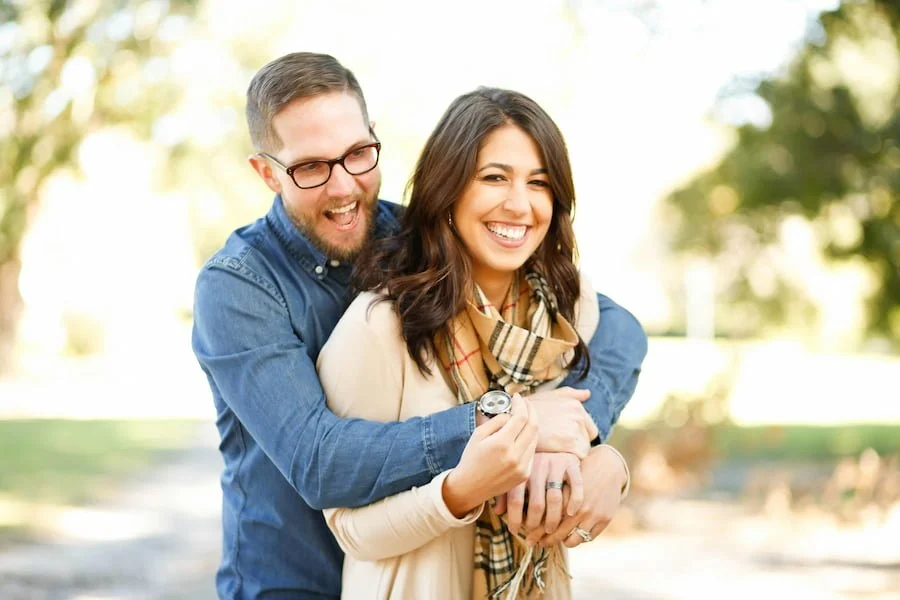Fighting Less, Loving More: How Gottman Therapy Helps Couples Reconnect
Disagreements are part of sharing a life, but when arguments start to outweigh moments of connection, it can leave both partners feeling exhausted and alone. The good news? Fighting less and loving more isn’t just a dream—it’s something you can build with the right tools,
Gottman therapy, developed by Drs. John and Julie Gottman, offers a research-backed approach to help couples rebuild trust, improve communication, and strengthen their bond. Backed by more than forty years of research, the Gottman Method equips couples with concrete tools to handle conflict and rebuild closeness.
Understanding Patterns Behind the Pain
Arguments are rarely about the surface issue. Whether you’re clashing over money, parenting, or household chores, deeper emotions often drive the conflict—feelings of being unheard, unappreciated, or disconnected.
Gottman therapy helps couples identify the negative patterns that keep them stuck. Through guided conversations, you learn to recognize triggers and shift away from blame. Instead of rehashing the same arguments, you begin to understand each other’s needs and fears at a deeper level.
Replacing Criticism with Curiosity
One of the cornerstones of the Gottman Method is transforming criticism into curiosity. Instead of starting a conversation with, “You never help around the house,” you learn to approach your partner with questions and openness: "Can we talk about how we can share responsibilities so we both feel supported?"
This shift changes the tone of the conversation. Curiosity invites connection. It sends a message that you value understanding over being “right,” which can instantly lower defensiveness and foster teamwork.
Building a Stronger Friendship Foundation
One of the Gottmans’ key findings is that lasting love grows from more than managing conflict; it’s rooted in deep friendship. Couples who know each other’s inner worlds, celebrate wins, and turn toward each other during everyday moments create a reservoir of goodwill that makes disagreements easier to handle.
In therapy, you’ll spend time rediscovering each other’s dreams, values, and needs. This isn’t just about solving problems; it’s about creating a deeper emotional connection that carries you through challenges together.
Learning to Self-Soothe and De-escalate
When emotions run high, even small arguments can spiral, causing both partners to react with defensiveness. Gottman therapy teaches practical tools to calm your nervous system and step back when needed. Taking a pause doesn’t mean avoiding the issue—it means creating space to respond thoughtfully rather than react in anger.
Couples often find that once they learn to de-escalate, they can address even difficult topics without the fight-or-flight energy that used to take over.
Turning Toward One Another Instead of Away
All couples experience daily "bids" for connection—a smile, a gentle touch, a question about your day. When those bids are ignored or brushed off, or conversation attempts are stonewalled, partners can begin to feel invisible. Over time, missed bids can quietly erode the sense of safety and warmth in a relationship, making both partners feel further apart. Gottman therapy emphasizes the power of turning toward each other in small, consistent ways. These moments build trust and intimacy, making it easier to tackle the bigger challenges together.
Fighting Less and Loving More Is Possible
If constant arguments or growing distance have you feeling more like roommates than partners, you’re not the only one—and your relationship isn’t beyond change. Gottman therapy provides a roadmap to rebuild trust, strengthen communication, and fall back in love with the person you chose to share your life with. Even small steps taken together can shift the dynamic, reminding you both why you started this journey side by side in the first place.
You both deserve a relationship where love outweighs conflict and connection runs deeper than fear. Reach out today to learn how couples counseling using the Gottman Method can help you and your partner fight less, love more, and create a bond that lasts.

